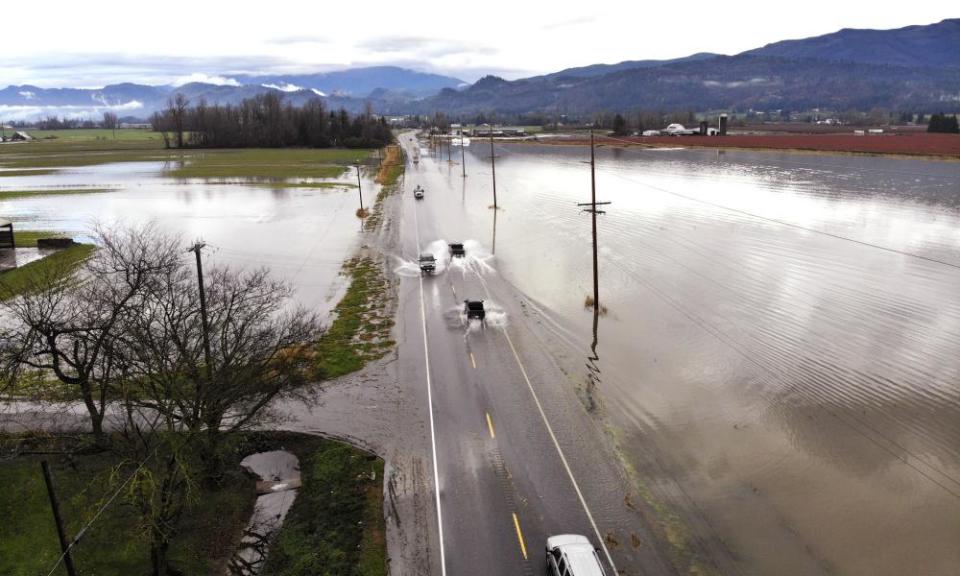Weatherwatch: why do some still think climate change isn’t real?

In the face of overwhelming scientific evidence, and news reports of the increasing association between climate change and more frequent storms, floods, and wildfires, it is a puzzle to psychologists why climate denial still has such a hold some people. After all, if someone drops a brick on your foot it is hard to find anyone who will deny the force of gravity.
Kirsti M Jylhä, a researcher at the Institute of Future Studies in Stockholm, said colleagues consistently found correlations between climate change denial and conservative ideological views. It includes wishing to protect the status quo and a tolerance for the uneven benefit and risks of global warming.
But while that finding condemns rightwingers, left-leaning liberals are not off the hook. Many people who believe that global heating is a serious problem and think governments should act to mitigate its effects still “continue living as if climate change did not exist and we had all the time in the world to act”.
Jylhä says there are “gaps between how we think and how we behave. So perhaps we are all guilty of living in denial. Disregarding the consequences of our actions may enable psychological wellbeing despite the distress that results from conflict between our values and actions.”

 Yahoo Finance
Yahoo Finance 